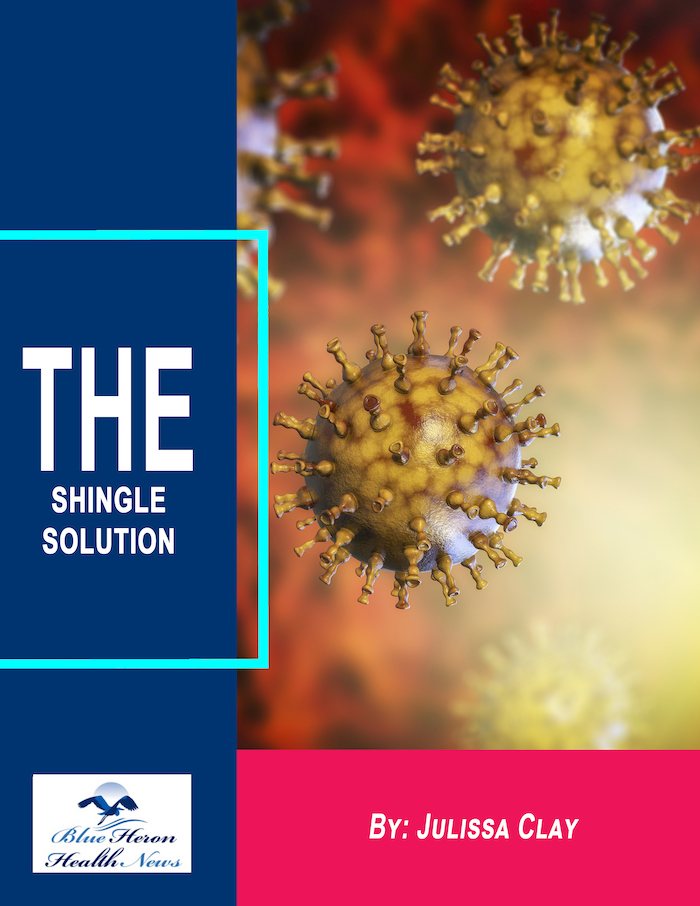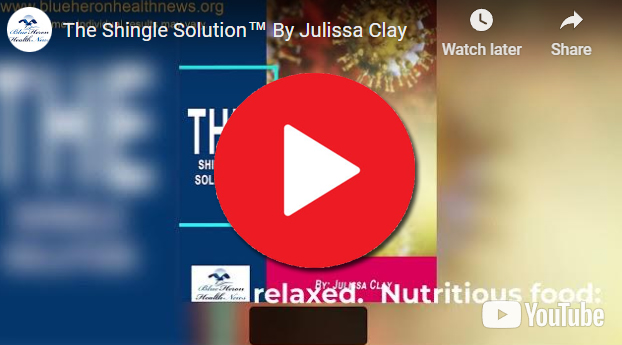
The Shingle Solution™ By Julissa Clay This eBook includes a program to treat the problem of shingle naturally. The author of this eBook, Julissa Clay, a practitioner in natural health, has killed the shingles causing virus completely to overcome the problem of PHN or Postherpetic neuralgia, one of the common complications caused by shingles. This program helps in melting PHN in a few weeks and make shingles a forgotten nightmare.
How does shingles affect pregnancy?
How Shingles Affects Pregnancy
Introduction
Shingles, caused by the reactivation of the varicella-zoster virus (VZV), can occur during pregnancy, though it is relatively rare. Understanding the potential effects of shingles on both the pregnant woman and the developing fetus is crucial for managing the condition and mitigating risks. Here is a detailed overview of how shingles can affect pregnancy.
Impact on the Pregnant Woman
- Symptoms:
- Pain and Discomfort: Pregnant women with shingles typically experience pain, itching, or tingling in a localized area before the rash appears. The rash usually consists of fluid-filled blisters that can be quite painful.
- Rash Development: The rash usually appears on one side of the body, often on the torso or face, and follows a dermatomal pattern.
- Complications:
- Postherpetic Neuralgia (PHN): Although more common in older adults, PHN can occur in pregnant women, causing persistent pain in the affected area even after the rash has healed.
- Secondary Infections: The shingles rash can become infected with bacteria, leading to further complications if not properly managed.
- Systemic Symptoms: Some pregnant women may experience systemic symptoms such as fever, headache, and general malaise.
Impact on the Developing Fetus
- Risk of Transmission:
- Varicella Syndrome: Shingles itself is not typically associated with congenital varicella syndrome, a condition that can cause birth defects. This syndrome is more commonly associated with primary varicella (chickenpox) infection during pregnancy.
- Low Transmission Risk: The risk of transmitting the virus to the fetus is significantly lower with shingles compared to primary chickenpox infection.
- Potential Risks:
- Preterm Labor: Severe maternal illness or stress associated with shingles can potentially lead to preterm labor.
- Low Birth Weight: There may be a slight risk of low birth weight if the mother experiences severe or prolonged shingles.
- Critical Periods:
- First and Second Trimesters: The risk to the fetus is generally low during the first and second trimesters if the mother develops shingles.
- Third Trimester: The risk of complications may be higher if the mother develops shingles close to the time of delivery, although this is still relatively rare.
Diagnosis and Management
- Diagnosis:
- Clinical Evaluation: Diagnosis is typically based on the characteristic appearance of the rash and associated symptoms.
- Laboratory Tests: PCR testing of fluid from the blisters can confirm the presence of the varicella-zoster virus.
- Antiviral Treatment:
- Medications: Antiviral medications such as acyclovir, valacyclovir, or famciclovir are considered safe during pregnancy and can help reduce the severity and duration of shingles. Early treatment, ideally within 72 hours of rash onset, is most effective.
- Pain Management:
- Over-the-Counter Pain Relievers: Acetaminophen (Tylenol) is generally considered safe for pain relief during pregnancy.
- Topical Treatments: Calamine lotion and cool compresses can help soothe itching and discomfort.
- Preventing Secondary Infections:
- Hygiene: Keeping the rash clean and covered with loose, non-stick bandages can prevent bacterial infections.
- Avoid Scratching: Discourage scratching to prevent further skin damage and infection.
Preventive Measures
- Vaccination:
- Pre-Pregnancy Vaccination: Women who have never had chickenpox and are planning to become pregnant should consider the varicella vaccine before conception.
- Shingles Vaccine: The shingles vaccine (Shingrix) is not recommended during pregnancy but can be administered before pregnancy to reduce the risk of shingles.
- Healthy Lifestyle:
- Boosting Immunity: Encourage a healthy lifestyle with a balanced diet, regular physical activity, and adequate sleep to maintain a strong immune system.
- Stress Management: Reducing stress through mindfulness, relaxation techniques, and supportive environments can help prevent immune system weakening.
- Avoiding Exposure:
- Chickenpox Exposure: Pregnant women who have never had chickenpox or the varicella vaccine should avoid contact with individuals who have active chickenpox or shingles.
Monitoring and Follow-Up
- Regular Prenatal Check-Ups:
- Healthcare Provider: Regular prenatal visits with a healthcare provider are essential to monitor the health of both the mother and the fetus.
- Symptom Reporting: Promptly report any symptoms of shingles or complications to the healthcare provider.
- Ultrasound and Fetal Monitoring:
- Assessing Fetal Health: Additional ultrasounds and monitoring may be recommended to assess fetal growth and development if the mother has shingles.
Conclusion
While shingles during pregnancy is relatively rare, it can have implications for both the pregnant woman and the developing fetus. Early diagnosis and appropriate treatment with antiviral medications can help manage symptoms and reduce the risk of complications. Preventive measures, including vaccination before pregnancy and maintaining a healthy immune system, are crucial in reducing the risk of shingles during pregnancy. Pregnant women who suspect they have shingles should seek prompt medical attention to ensure the best possible outcomes for themselves and their babies. Regular prenatal check-ups and close monitoring are essential to address any potential issues promptly.

The Shingle Solution™ if you are suffering from shingles then The Shingle Solution can be the best program for you to relieve your pain and itching by using a natural remedy. It describes the ways to use this program so that you can feel the difference after using it as directed. This natural remedy for shingles can also help in boosting your immune system along with repairing your damaged nerves and relieve pain and itching caused by shingles.